Against Annihilation
By Niccolo Rocamora Vitug
Review of Vice-royal-ties by Julia Wong Kcomt tr. Jennifer Shyue (USA: Ugly Duckling Presse, 2021)
Christi Zorrilla Soto - Lazos 环 (2019), Installation, variable dimensions, rope/mooring
Image description: A large-scale rope installation hangs from the ceiling of a white space. Thick, twisted ropes, resembling mooring lines, are loosely interwoven and knotted. They form a vast, unstructured, bright-red web that undulates across the space.
Reading Julia Wong Kcomt’s Vice-royal-ties was a delicious experience. The chapbook is pithy, a total of two poem sequences, the first with four poems, the second with seven. The poems are written from a tusan (Chinese-Peruvian) woman’s perspective, and part of the pleasure of the text comes from me, as a queer male reader, minding that it is a woman’s voice we are hearing.
Likewise, my reading bears the marks of Spanish and American colonization. Thus, I feel a connection with the writer and translator, both of whom have similar scars. Kcomt, the poet, writes within the context of Spanish colonialism in Chile. Jennifer Shyue, the translator, comes from a family of migrants to the United States. Her family hails from Taiwan, which, like my country, is still being threatened by China.
Vice-royal-ties is comprised of layers of the personal that come into conflict and give birth to new realities:
Papá told me to detest the Japanese
like everyone says to hate Chileans.
But with so much love,
I find no difference
between the cherry tree, the sakura, the lotus flower, and the olive bush:
In the Atacama, Christ sifts
through red grape seeds.
(from “The Red Rooster” in the sequence “Seven Hopeless Poems”)
It takes much to identify oneself, to bring the self together, when living in a place of contradictions and difference. It can be done, in the way grapes can be grown in a desert, but only in the presence of deep tensions. This book, with its many voices, attempts to remind us that we are, at once, fellow human beings and people defined by differentiated structural situations.
Christi Zorrilla Soto - Lazos 环: Ports of Peru (2019), Installation, variable dimensions, rope/mooring
Image description: The close-up shot shows a web of thick, bright-red ropes used for mooring, set against a white background. The ropes are tightly twisted and coarse. They hang down and form a firm knot in the bottom right corner.
What is most beautiful about Kcomt’s work is that the concept does not impose itself but is seemingly subsumed beneath the images she uses. The images tell us that this place is really Lima, Peru, and that the poet is a person of Peruvian and Chinese descent. One of the images that signifies this combination of origins is the magnolia, which is found in Asia and in the Americas:
I yearn to dilate between hems,
recline infirm looking at magnolias.
Magnolias of Beijing.
Magnolias of cinnamon.
(from “Four” in the sequence “Bi Rey Nato”)
It is images such as these that tell of her liminal colonial experience, and it is through the writing of that experience that she is able to liberate herself. The “foreign” words are key: Colla, Quechua, Aymara, bajofondo, and others. These words create a sense of place wherein Kcomt belongs and does not belong. The Colla, Quechua, and Aymara languages speak of an ancient history that a migrant like Kcomt might not feel entitled to. The sounds of the bajofondo, even the word itself, might create dissonance when paired with the surname Wong.
In such a liminal place—a woman’s experience, in a colonial context—what can actually liberate a person? The poems in this collection do not offer answers, but they do challenge us to look for our own. After all, the process of liberation, of reaching out compassionately and meaningfully to one another, is complicated. See, for example, the poem “Longing Saturday,” with its terse seven stanzas:
(1) I asked to climb to the salt mountain,
for us to lie between the fissures.
(2) Here, I pointed,
are fourteen years of thirst.
(3) Here, I said
shoving you softly,
nearly six years of false entreaties.
(4) Time to squat and ask
and blame myself like crumbling stone.
We might think of climbing the mountain as an act that can bring us closer to others. Here, however, we see layers of pain placed atop one another as the narrator moves along. Instead of attaining a broader view, the narrator speaks of crumbling. Desperation rings in the invitation to “lie between the fissures.”
(5) Ay Julia, you said,
I’m no goldfinch,
no crooner.
(6) Then I looked at the sky
which left as birds do.
(7) I already knew.
Mirages so human,
so necessarily human.
(from the sequence “Seven Hopeless Poems”)
The birds here are particularly poignant. They seem to voice the impossibility of finding connection. The reader gets the impression of being able to reach the flying creatures, but of course, that cannot happen in ordinary circumstances.
I am also reminded, in reading Kcomt’s work, of the role technology plays in human interaction. In raising these issues, the book opens up new interpretations of human communication—and, therefore, of the pleasure of reading—that I haven’t considered before. Technology makes possible illusions like that in “Longing Saturday”. Indeed, the chapbook itself has a posthuman aspect.
Christi Zorrilla Soto - Recorridos Fragmentados (2016), Digital Drawing, 15 pieces, framed, 210 mm x 297 mm/piece
Image description: A large drawing is fragmented into fifteen small, rectangular drawings. Each small drawing is framed in black. The drawings are arranged on a white wall, in three rows of five. Together, they depict abstract, black lines extending horizontally across a white background. The lines are thick, curved, and connected at sharp angles. The lines continue from one fragment to the next; they are interrupted by the stark black frames and the white wall spaces between individual small drawings.
Whereas the human is usually associated with literal flesh and blood, the posthuman decenters this focus through the extension of human experience through technology. Here, the posthuman lies in the fact that poet and translator worked over Zoom. Moreover, Shyue used an Internet Anagram Translator, an application that generates words via rearrangement of text, as part of her translation process. After discovering this, I asked myself: Why should a machine mediate in the creation of a book of poetry? But then: Isn’t this kind of thinking privileged? Should I refuse the ability of technology to be a tool of creativity simply to center what I think is human?
The human in these poems is not of the typical humanistic mold. Rather, it is a combination of flesh and machine, as seen in “Seven”:
If you want me to speak to you clearly
the way stray dogs confront
their prey,
if you want me not to put gel in stiff hair
or justify sugar in the tea
if you want me to tell you once an hour
under a cobalt sky
amid altitude sickness and envy,
I loved you, since, per the script, one loves
what’s plausible.
I scream penned in by a semi-sick swaying.
Skull broken, feeble. Stay, come here, go away,
light me,
switch me off,
break me …
This is a poem about speaking and connection, but speaking and connection through dogs and hair gel. The sequence of images is capped by a light switch. The fixtures people use are part of themselves. Technology is part of the person. That the person does not sound human, per se—could this simply be a matter of conditioning? Am I to think that ironic, or just matter-of-fact? What is it with the refusal to welcome technology, or to continue to regard it with suspicion? If we cannot find answers to these questions, Kcomt’s work has led me to believe in the possibility of resting on something unanswerable. The insight here is that we each have the capacity to break forth to a greater sense of connection with our surroundings, human and otherwise.
Christi Zorrilla Soto - Recorridos Fragmentados 2 (2022), Digital Drawing, variable dimensions
Image description: Fine, black lines are drawn on a white, horizontal background. The lines overlap and form interwoven networks. Some strands of lines are dense and flow smoothly across the background, while others disconnect abruptly, creating jarring fragments.
At a time when Russia is bombarding Ukraine with missiles, all in the guise of oneness, we might question long-held notions of what it is to be human. In the Philippines, the newly proclaimed president has been accused of winning votes by spreading fake news on social media. At heart, his actions are an attempt to oversimplify, to dilute the nuances of human experience. It is precisely this annihilation and dilution that Kcomt’s poems work against. Vice-royal-ties leads us to question what it is to be human and at the same time invites people to a deeper solidarity.
Even as the poems evoke a sense of failure in relating, they are themselves fervent attempts to relate. While technology might appear a barrier at the outset, the narrator ultimately takes it in stride as part of modern existence. The impossibility of connecting is always countered by Kcomt’s utterly human efforts to reach out. Vice-royal-ties is truly and profoundly a book of our time.
Christi Zorrilla Soto - Recorridos (2016), Video installation, 3 pieces, variable dimensions, video
Video description: The video installation depicts thin, white lines being mapped onto a black background. The lines start on the left side of the screen and extend towards the right. The lines make horizontal, winding movements throughout the video. The screen gets busier as more lines appear; they overlap, converge, and diverge, as if tracing out routes. At the end of the video, the movements of the lines are reversed and the screen is black again.
Niccolo Rocamora Vitug is currently teaching with the Department of Comparative Literature, and taking his PhD in Music, at the University of the Philippines (UP) Diliman. He was recently on the editorial staff of University of Santo Tomas's UNITAS Journal. Vitug has a number of publications under his name, two of the most recent being his first solo book of poems, Enter Deeply, published by the UP Press, and the essay "Bagay: A Structural-Phenomenological Discussion of a Movement," published by the journal Philippine Studies: Historical and Ethnographic Viewpoints. Vitug was recently given a fellowship to the 61st UP National Writers Workshop, which was intended as a venue to develop new writing projects for mid-career writers.
*
Christi is a multicultural visual artist, art administrator, and educator who lives and works in Bend, Oregon. She received her bachelor’s degree in Fine Arts at the School of Fine Arts Peru and a master’s degree in Education. Christi’s artworks seek to find her own identity as a multicultural person by connecting the native/indigenous arts and cultures learned from her ancestors in contemporary art pieces and exposing the delicate process of global migration through minimal sculptures, textiles, and art installations.
If you’ve enjoyed reading this article, please consider making a donation. Your donation goes towards paying our contributors and a modest stipend to our editors. Singapore Unbound is powered by volunteers, and we depend on individual supporters. To maintain our independence, we do not seek or accept direct funding from any government.





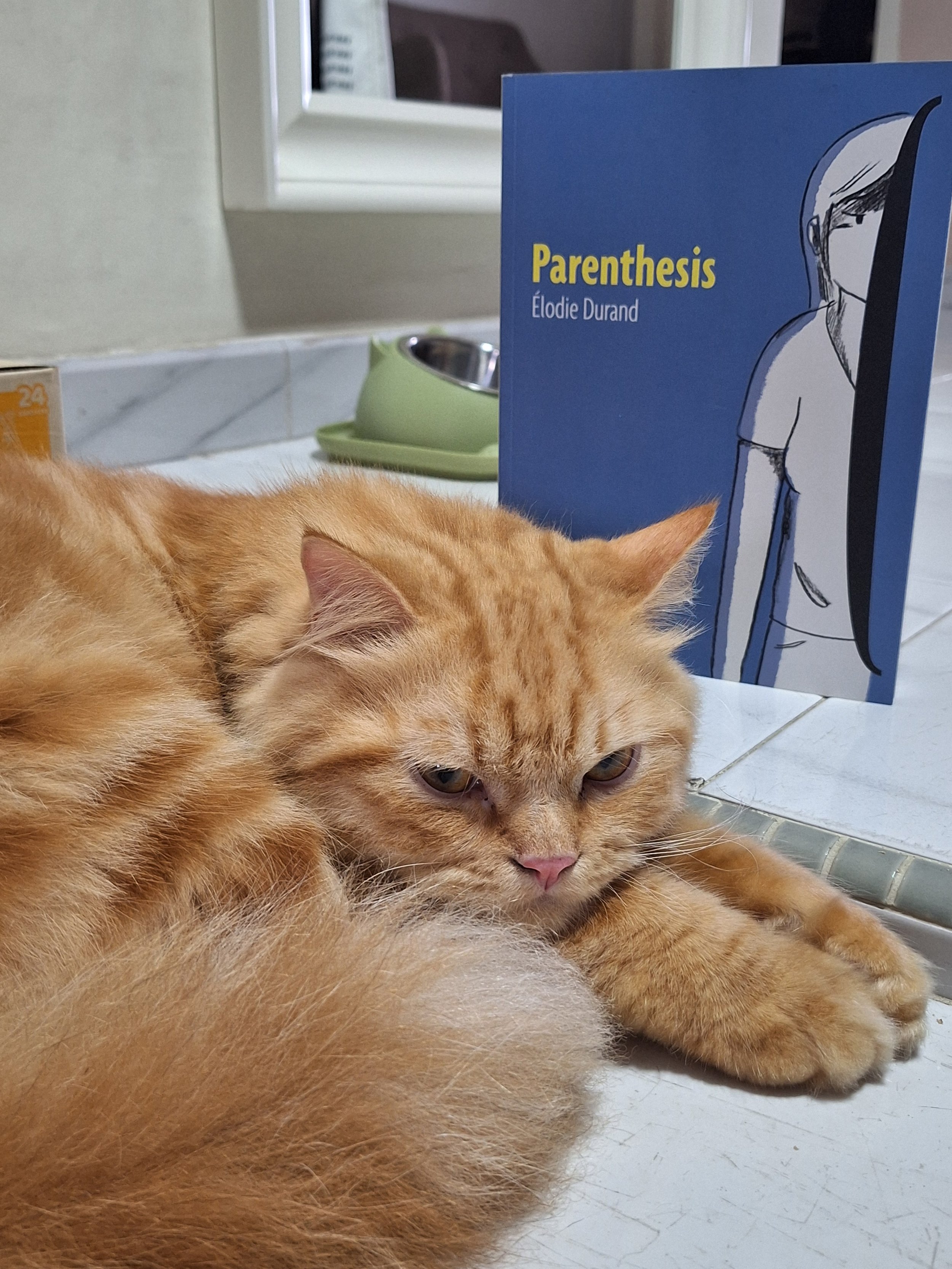
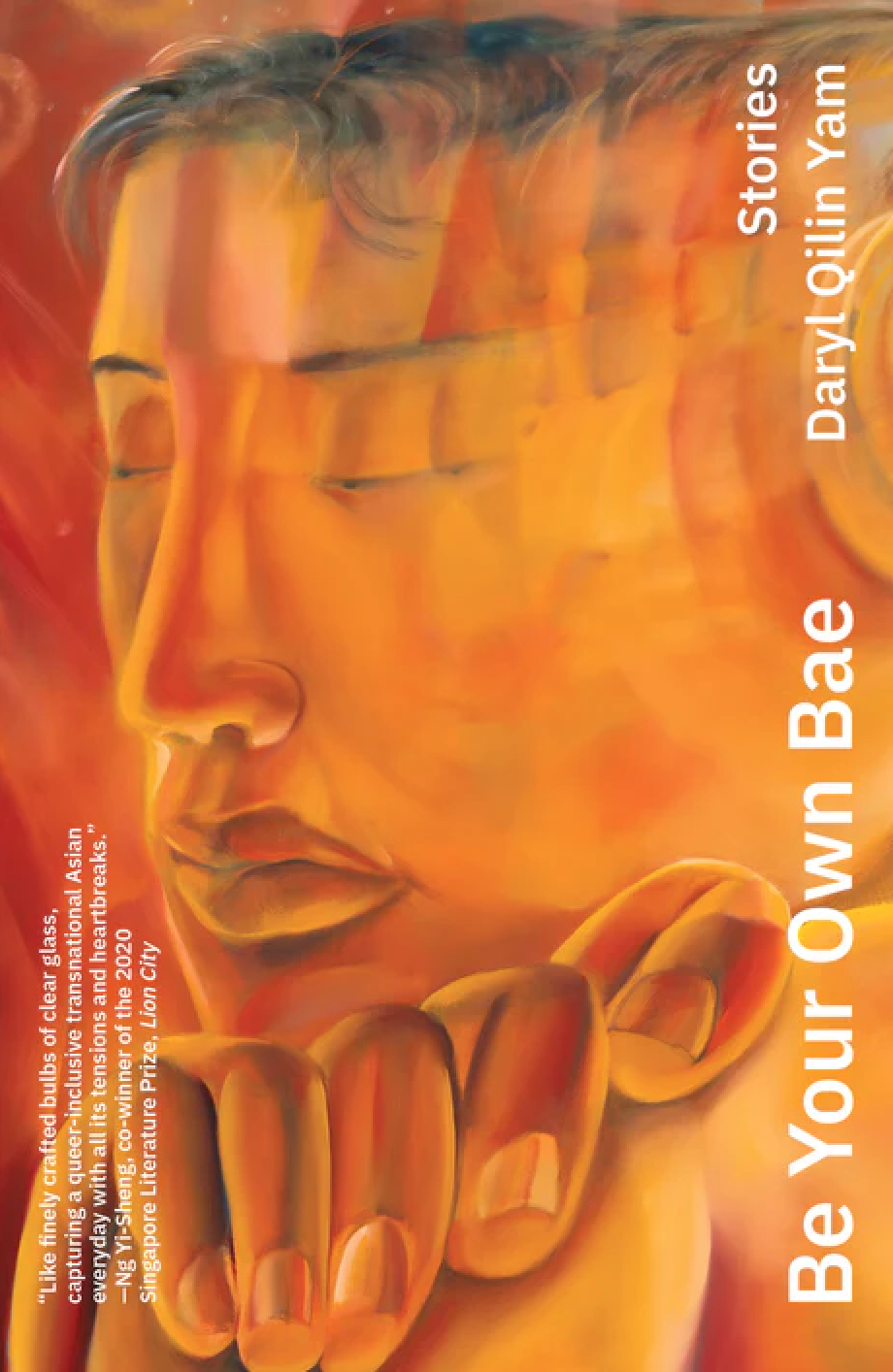
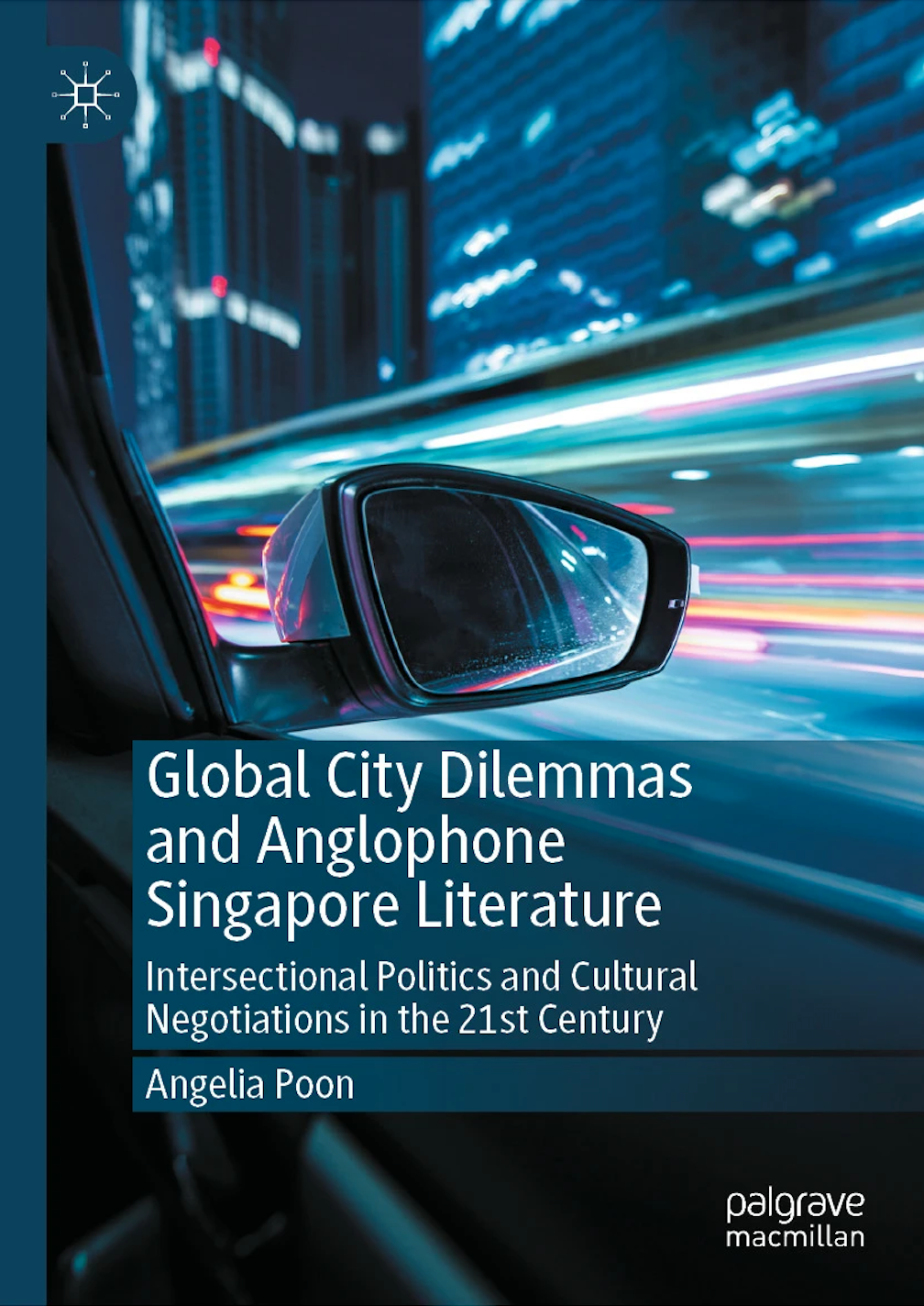
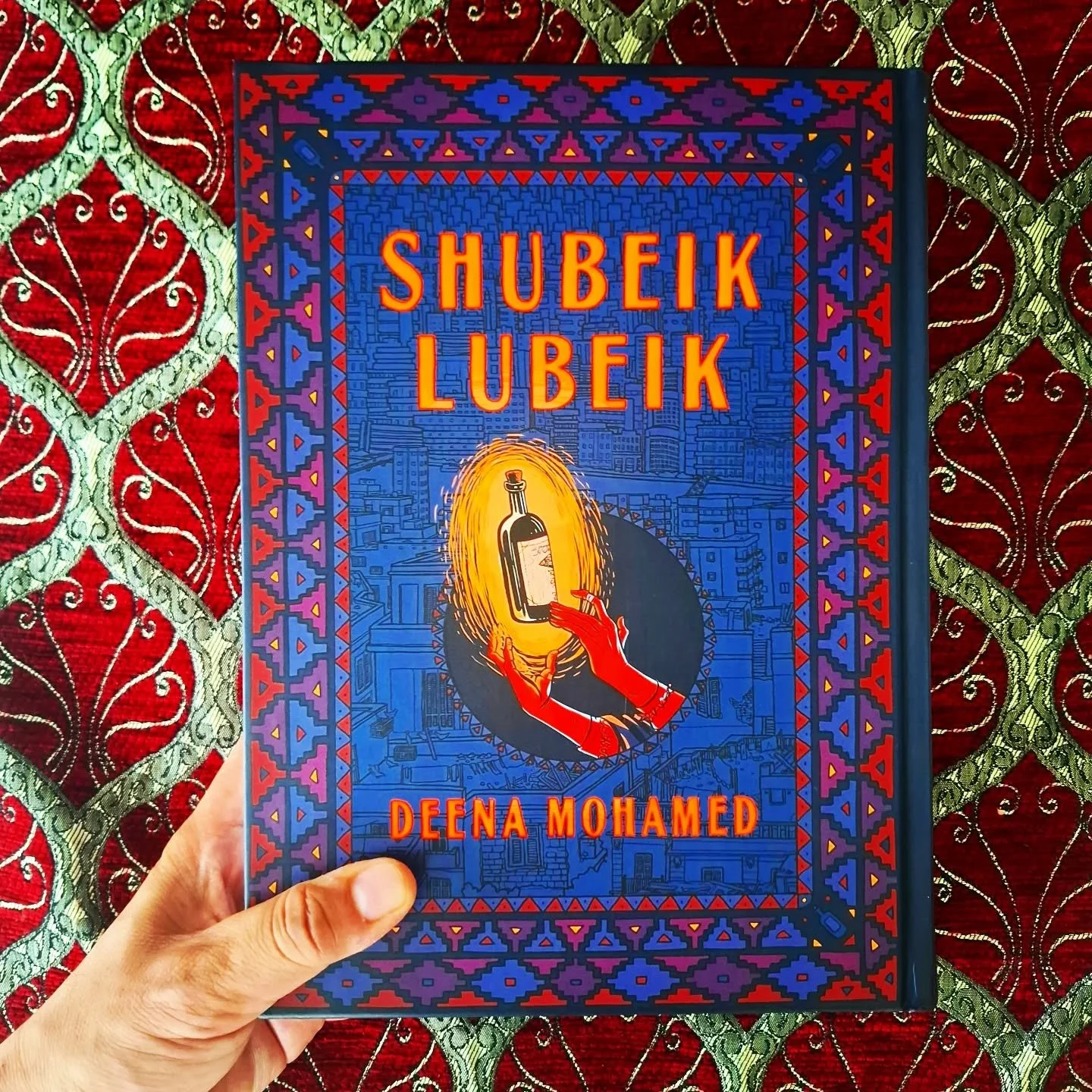



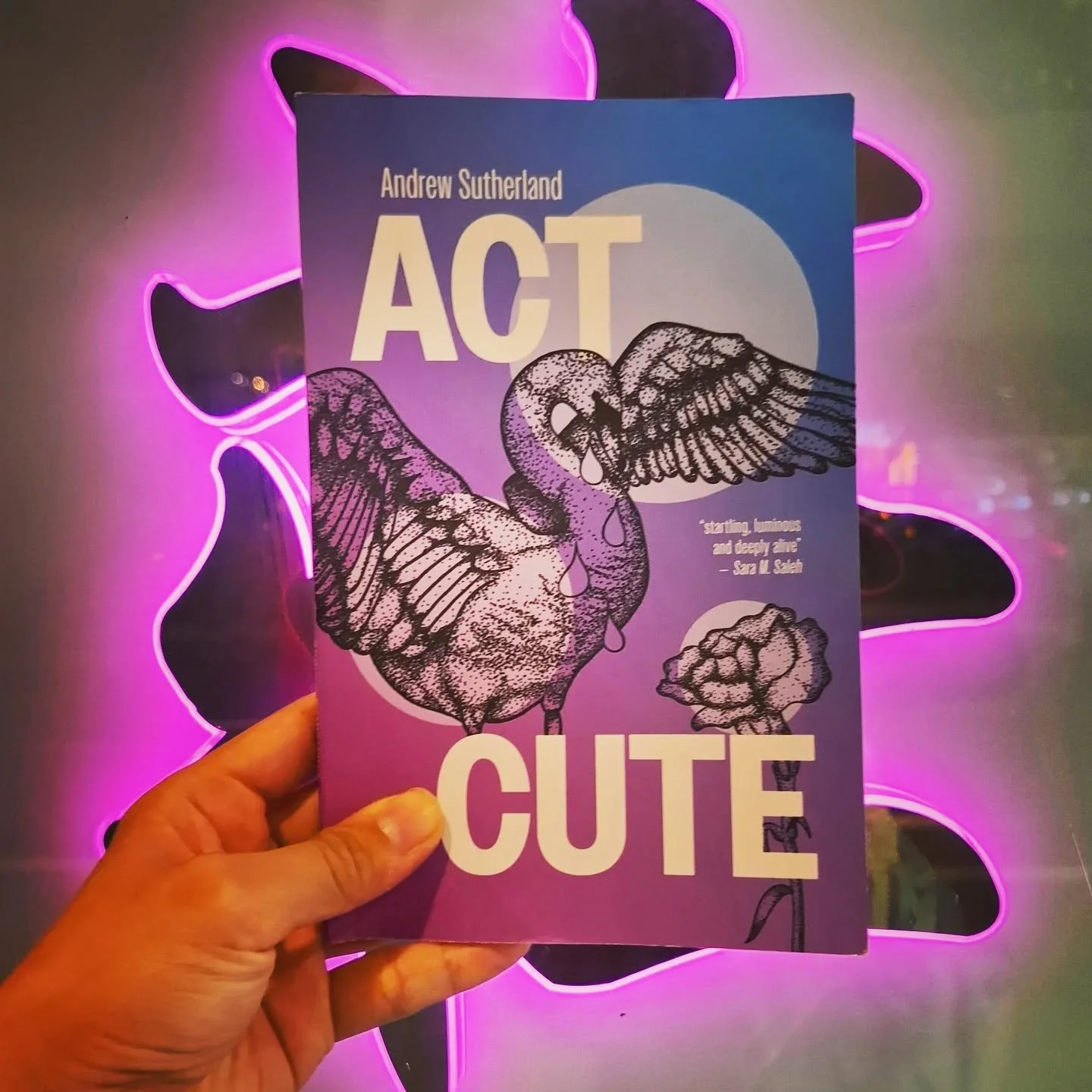
In Taiwan Travelogue, ‘twinned souls… are at once lost, but also found, in translation.’ A review by Eunice Lim.